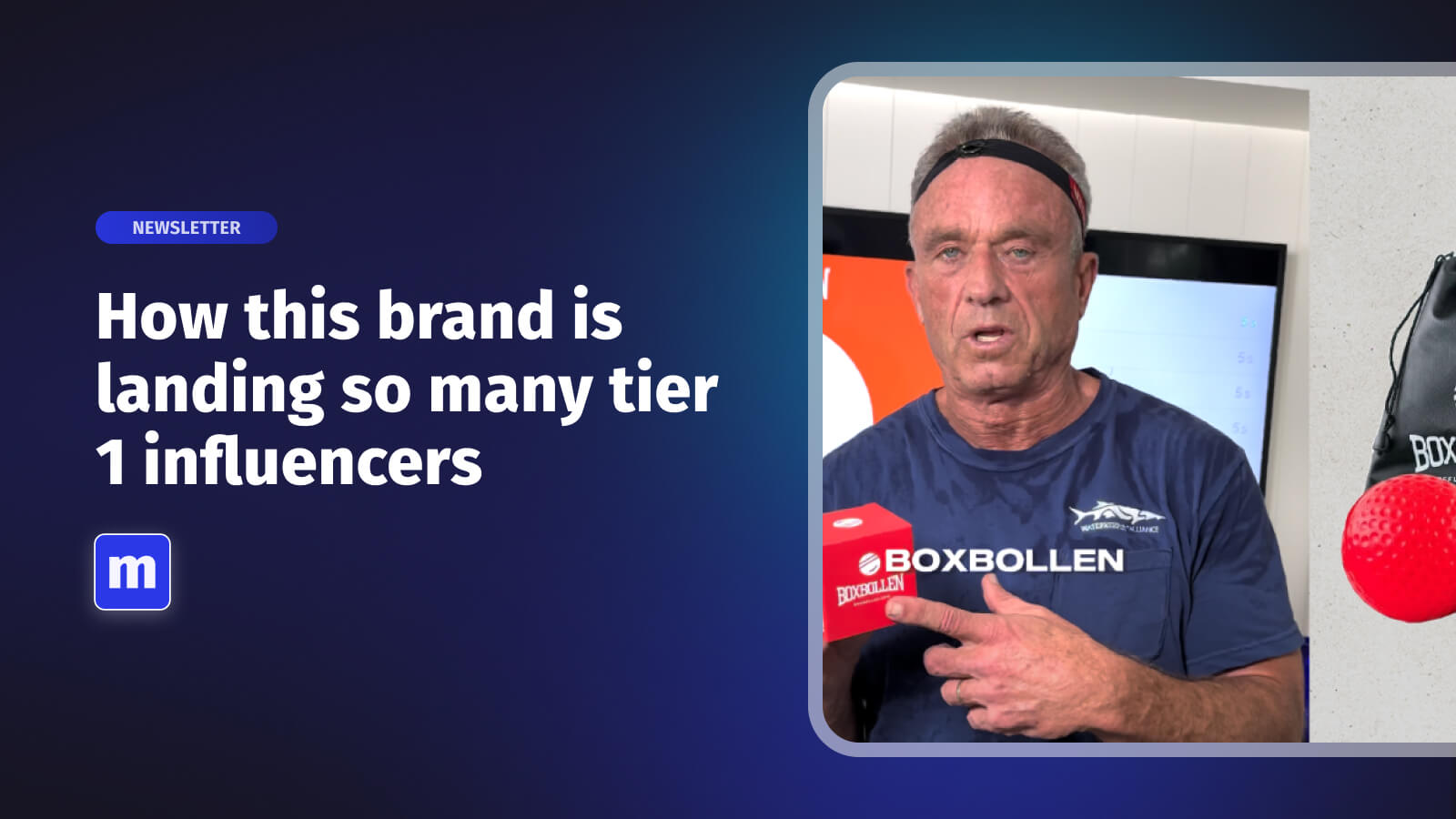
Businesses have to be constantly aware and have a deep understanding of the eCommerce industry. They need this to stay on top of the global trends that will not only help them survive but thrive in the global market.
This is the current state of the eCommerce industry, according to Statista.
Right now, retail sales online have reached $4.9 trillion globally. And it’s projected to grow more than 50% in the next four years. Thus, it is imperative for you to correctly map out the eCommerce shopping journey for your customers to stay competitive in the market
But why is this important, exactly? Having a good eCommerce journey map allows you to see, understand, and address your business's most pressing concerns such as:
- How DTC brands should approach retail
- Why returns are eating up your bottom line
- How your business can adapt to the rise of social commerce
In this post, we’re going to discuss the steps on how you can create a successful eCommerce customer journey map. We’ll also show you how utilizing some of the best eCommerce software can save you time, money, and resources.
The 7 Step Process of Mapping Customer Journey
Step 1: Awareness Phase
This first step of your customer journey map is to let your visitors know you exist. There are several ways to do this. You can buy traffic on Facebook, Google Ads, or other social channels of your choice. Traffic can also be organic or come from referrals. This can be as granular as you want it to be. Importantly, you get to decide how exposure happens for you and your brand.
Step 2: Engagement Phase
The next step of your online customer journey map is to turn awareness into an engagement. There is a difference between an acquaintance simply waving back when you say hi and someone taking time to engage in an actual conversation.
It can be your content in the form of a blog post, video, or podcast. This is your chance to showcase your products and services and demonstrate how they differ and stand out from the rest.
Step 3: Subscription Phase
You have successfully turned your visitors into subscribers. Now, you can do some follow up. This is a crucial stage so you need to be mindful of the lead magnets you are going to deploy. It could be a demo of your product or service. Or you can conduct a free webinar where you have permission to use their contact info to follow up and follow through.
Step 4: Conversion Phase
In this phase, you need to figure out how you can make your subscribers commit on a micro level with either their time or money. Like when they attend a free webinar showcasing your brand. Then at the end, you have an ultra-low offer so they can test it at minimum cost. This is how you are going to progress through.
Step 5: Excitement Phase
This is very important since you already convinced them to invest time and money in your product or service. Your visitor stage has now turned into a customer stage. This is your time to shine, but if your customer was not happy or was gravely disappointed about the transaction, your relationship ends there. It will not progress through.
So you need to think of ways to ensure that your customers get excited about your offer. Do not make promises you can't keep. They have to be both excited and understand what your brand is all about.
Step 6: Upscale Phase
The next phase on your eCommerce journey map is all about upscaling. Think about it like a flight of stairs or an elevator. So initially they're going to try out your product or service through your lower price offering. But as time goes by and they realize the amazing benefits they are getting, they will opt for the bigger and more expensive offering.
Step 7: The Advocate Phase
This is the final stage of the eCommerce journey where your super happy and satisfied customer starts raving about your brand. They start giving testimonials and referrals to people they know would benefit from your product or service. And this phase finally closes the loop.
But the only way they can be advocates is for you to make them successful customers. People around them can see the difference and so they inadvertently share their wonderful experiences. And the cycle begins again going through steps 1-7.
eCommerce Tools to Make Your Life Easier
Now that you know how to create a successful eCommerce journey map for your customers, you must get the right tools to get along with it. Research and come up with a list of eCommerce platforms that will suit your needs and your budget before choosing one that fits best for your business.
Before you invest in an eCommerce software tool, ask the following questions:
- Is it comprehensive?
- Does it have scalable features?
- Can it offer some robust eCommerce modules?
- Are transactions managed with ease from start to finish?
- Do they have flexible pricing plans?
- Are you allowed to customize your experience based on your brand's needs?
Perfecting The Most Effective Business eCommerce Map
Life need not be complicated for business owners as long as they learn to adapt and adjust to the needs of their target market. They must continuously improve and innovate so they can provide the best customer experience. If they can do this they will form a loyal and solid fan base where there is no reason to switch products or services. In a world where competition is fierce, getting ahead is quite simple- keep your customers happy and satisfied.
Related content
Turn your social content into a revenue channel
Turn your TikToks and Reels into shoppable videos and boost conversions by 3.5x.













